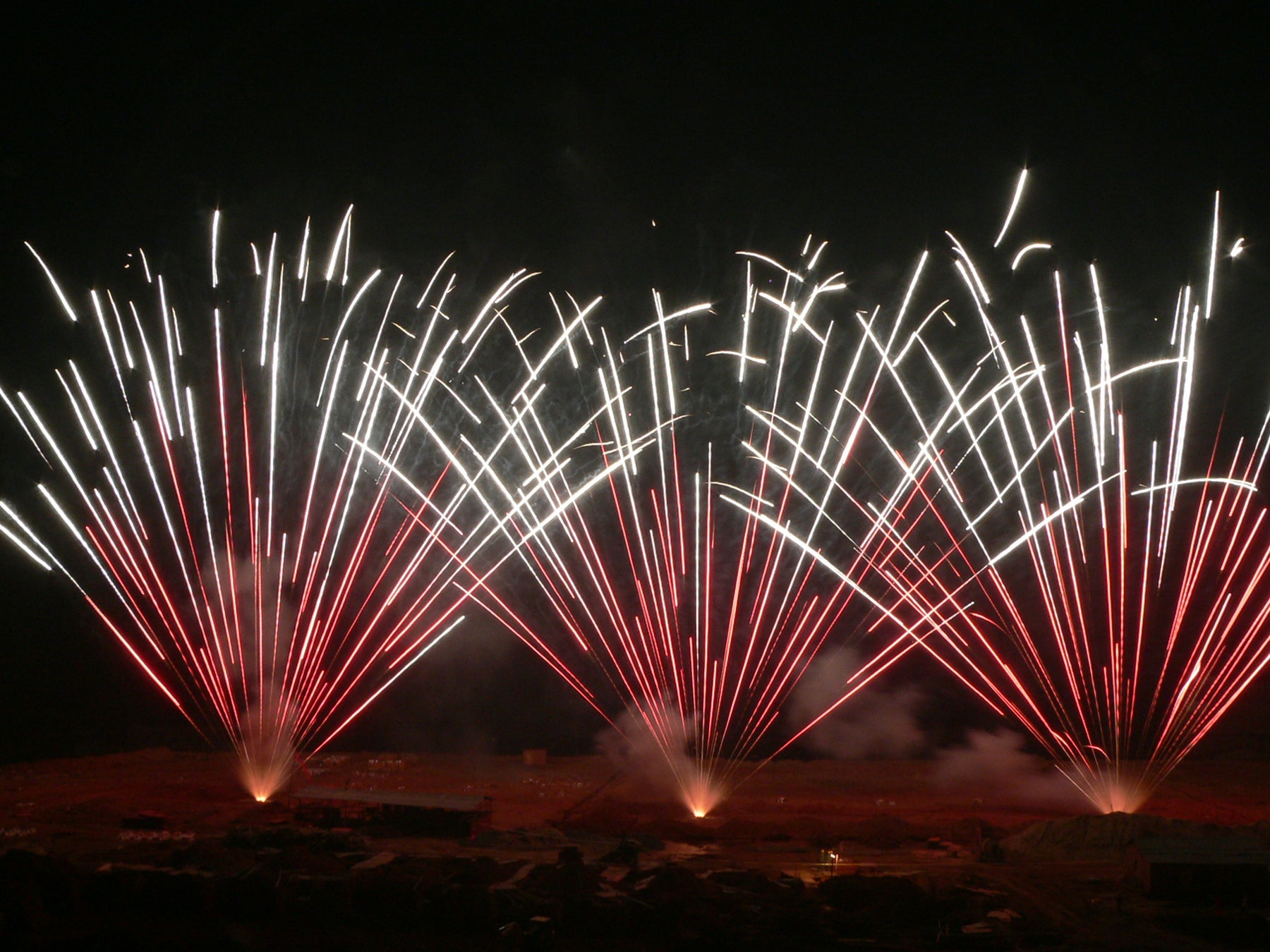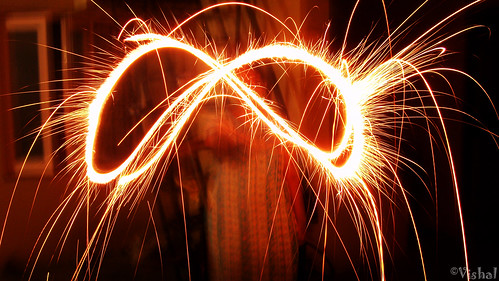
EXPLORING THE CULTURAL SIGNIFICANCE OF DIWALI AND ITS DAZZLING FIREWORKS
Diwali, known as the "Festival of Lights," holds a special place in the hearts of millions around the world. Celebrated by Hindus, Jains, Sikhs, and some Buddhists, Diwali is a vibrant and joyful festival that signifies the triumph of light over darkness and good over evil. One of the most enchanting and integral parts of Divali celebrations is the use of fireworks, which add a touch of magic and excitement to the festivities. In this blog, we delve into the cultural significance of Diwali and explore the role of fireworks in this cherished celebration.
Diwali, also known as Deepavali, derives its name from the Sanskrit words "deepa" (light) and "avali" (row). The festival typically lasts for five days and is observed in autumn, marking the end of the harvest season and the beginning of the Hindu New Year. The underlying theme of Diwali revolves around the victory of light over darkness, knowledge over ignorance, and hope over despair. The festival is celebrated with enthusiasm, with homes and public spaces adorned with oil lamps, candles, and colourful rangoli (intricate floor designs made with coloured powders or rice).
Fireworks are an integral part of Diwali celebrations, enhancing the festive atmosphere with their brilliant colours and mesmerizing displays. The tradition of using fireworks during Diwali dates back centuries and is deeply rooted in mythology and cultural symbolism. While the use of fireworks has garnered both excitement and controversy, understanding their significance in the context of Diwali is essential.
Fireworks during Diwali are believed to symbolize the rejoicing of people on Earth over the victory of Lord Rama, the hero of the Hindu epic Ramayana, who returned to his kingdom of Ayodhya after defeating the demon king Ravana. The people of Ayodhya illuminated their homes with diyas (oil lamps) to celebrate his return, and the bursting of fireworks is thought to represent the joyous celebrations that accompanied this event.
Beyond their mythological roots, fireworks also hold spiritual significance. The bright lights and explosive sounds are believed to drive away negative energies and evil spirits, purifying the surroundings, and ushering in a sense of renewal and positivity. In addition, the communal act of lighting fireworks fosters a sense of unity and togetherness among families and communities, as people come together to share in the festivities.
Diwali's significance extends far beyond the surface-level festivities. Rooted in ancient mythology and cultural traditions, this festival symbolizes hope, unity, and the victory of good over evil. Fireworks, with their dazzling displays of light and sound, amplify the festive spirit and carry deeper symbolic meanings. As Diwali continues to evolve in response to contemporary challenges, the heartwarming traditions, and values it embodies remain at its core. By embracing the cultural richness of Diwali while also being conscious of the world around us, we can ensure that the Festival of Lights continues to shine brightly for generations to come.




Leave a comment